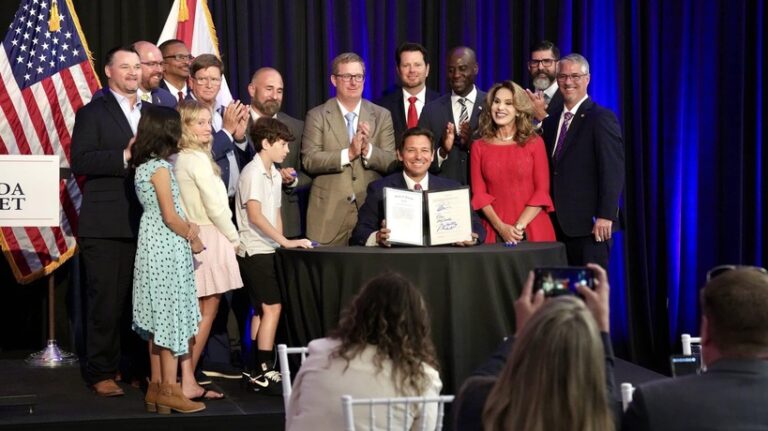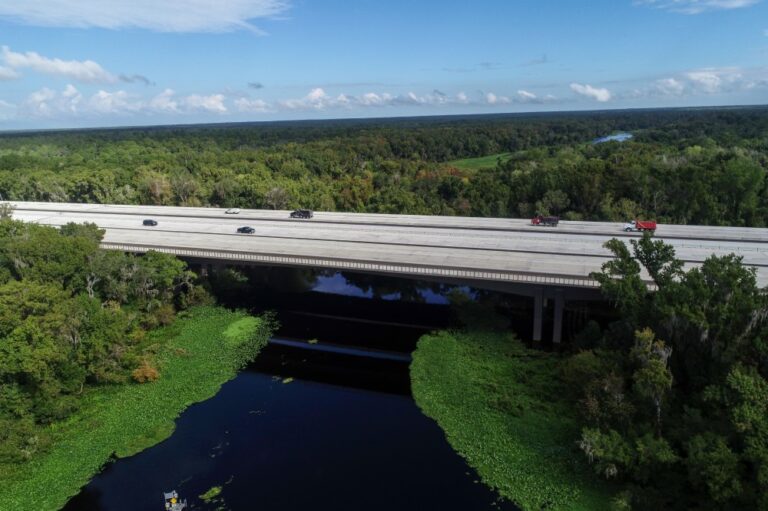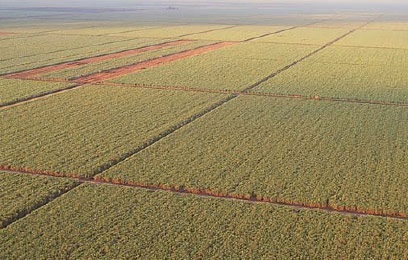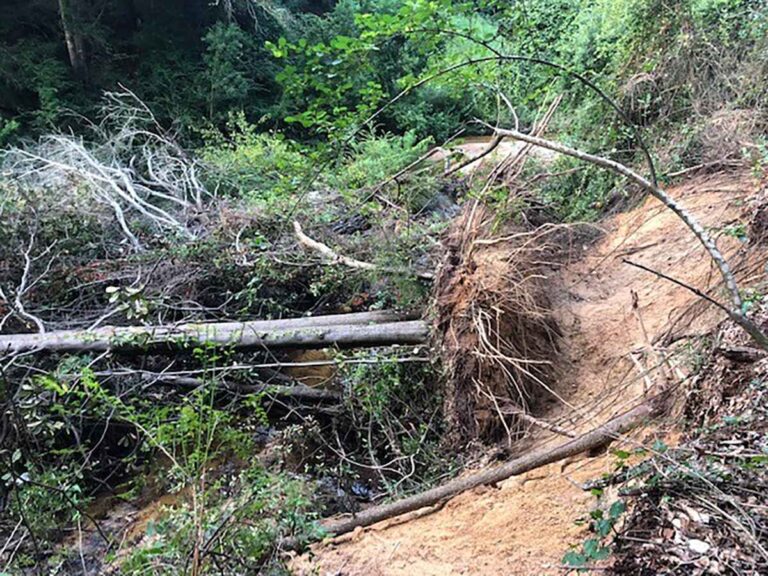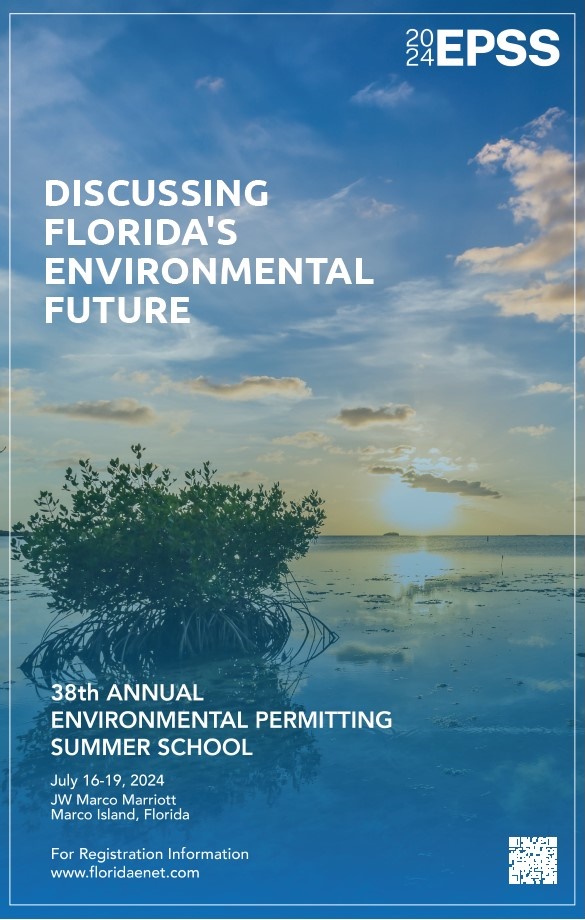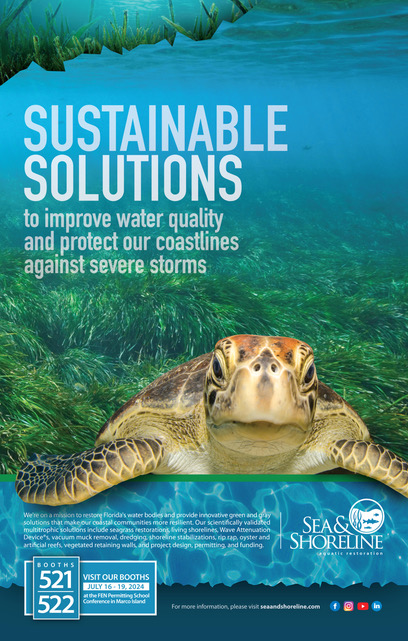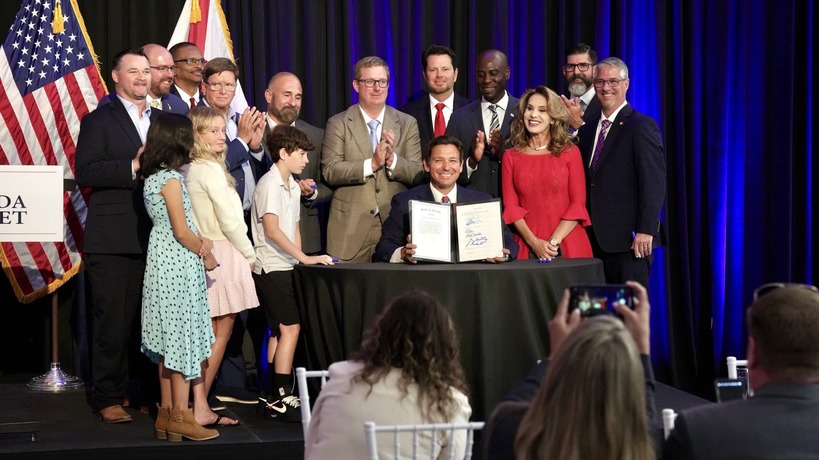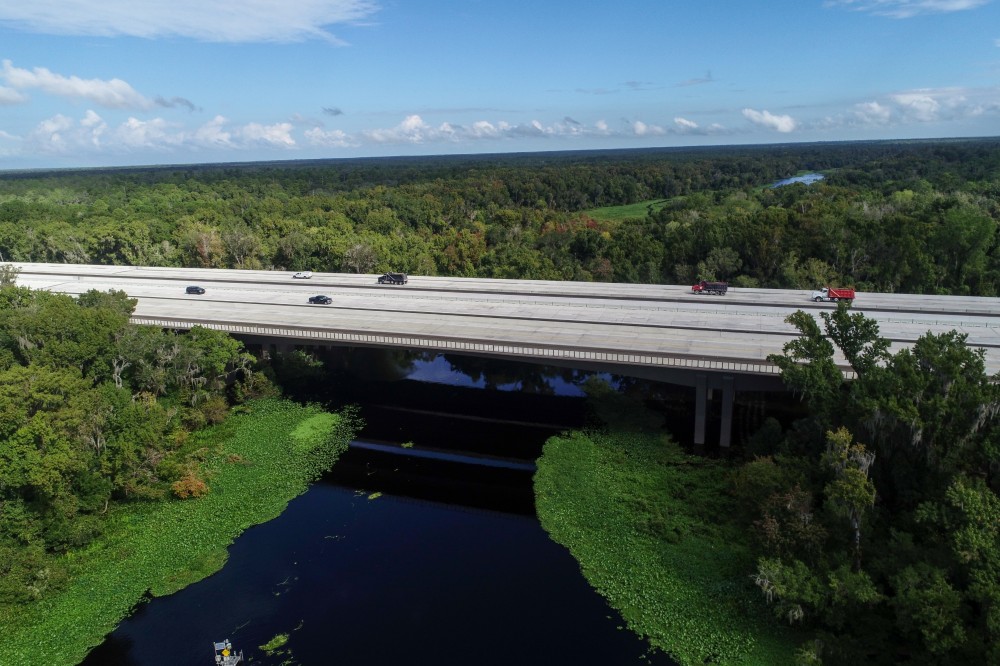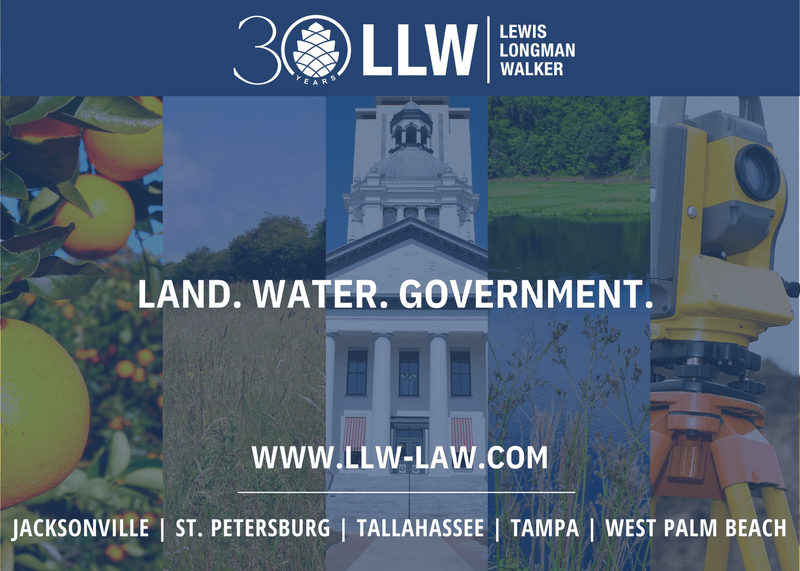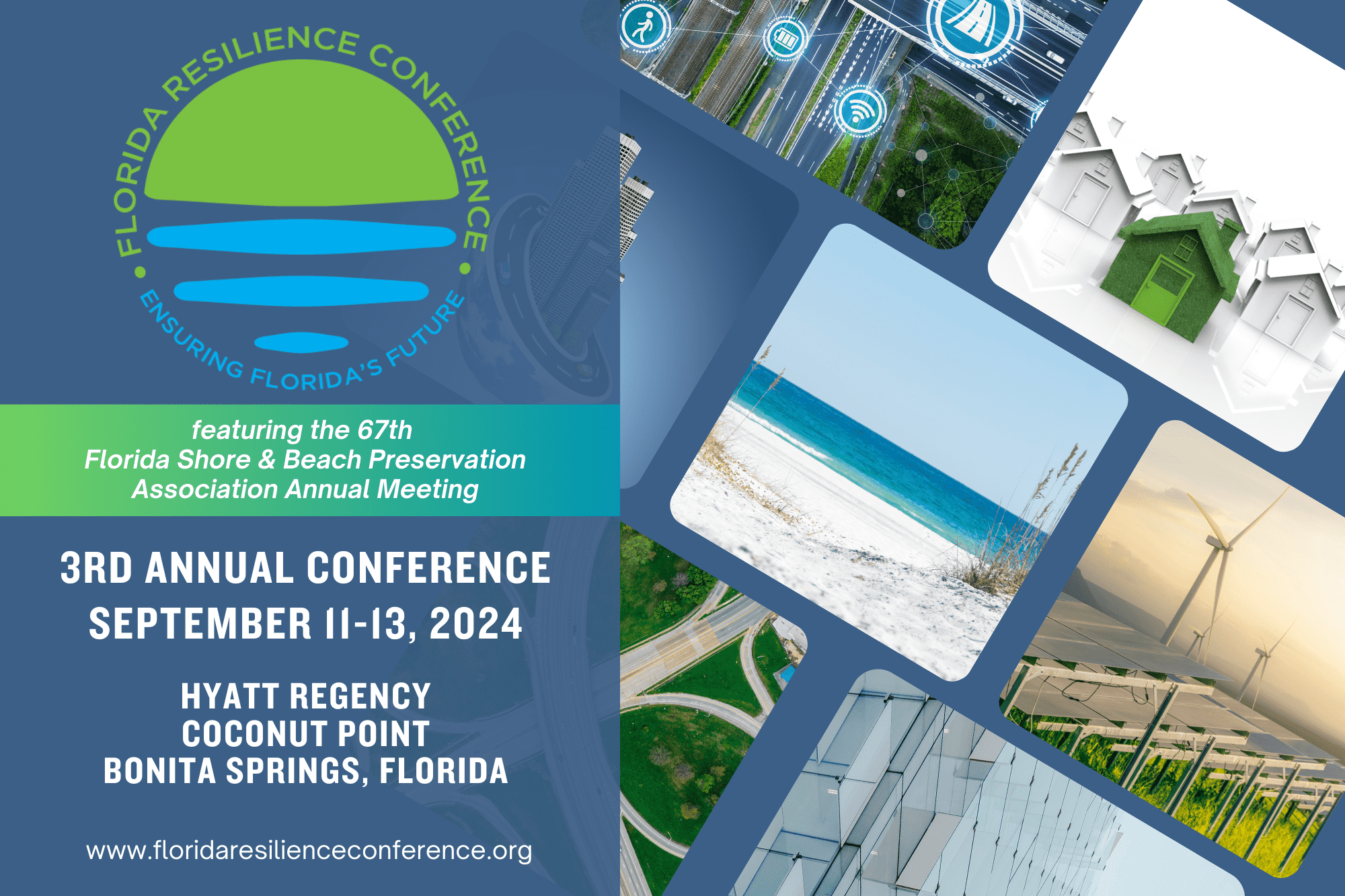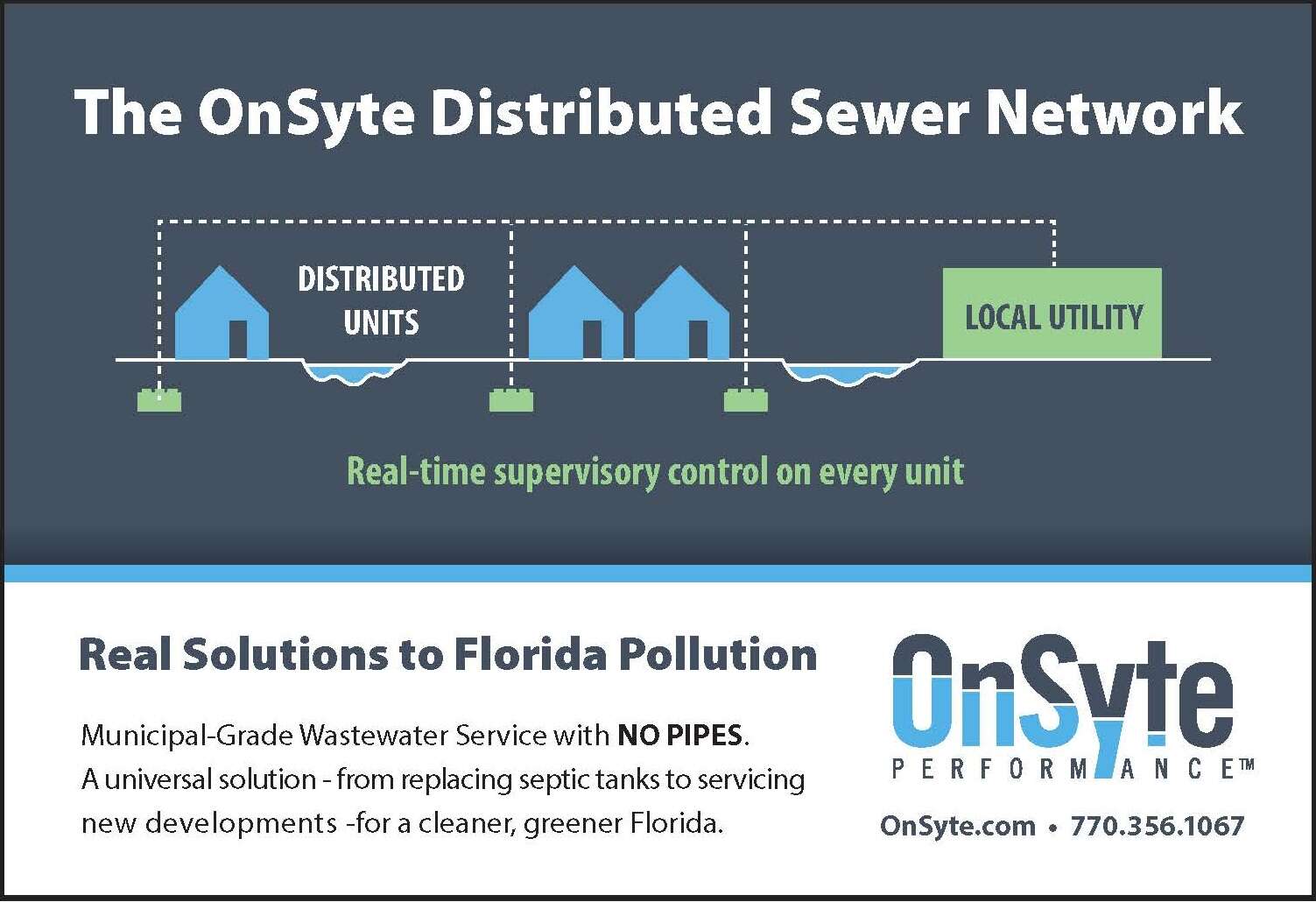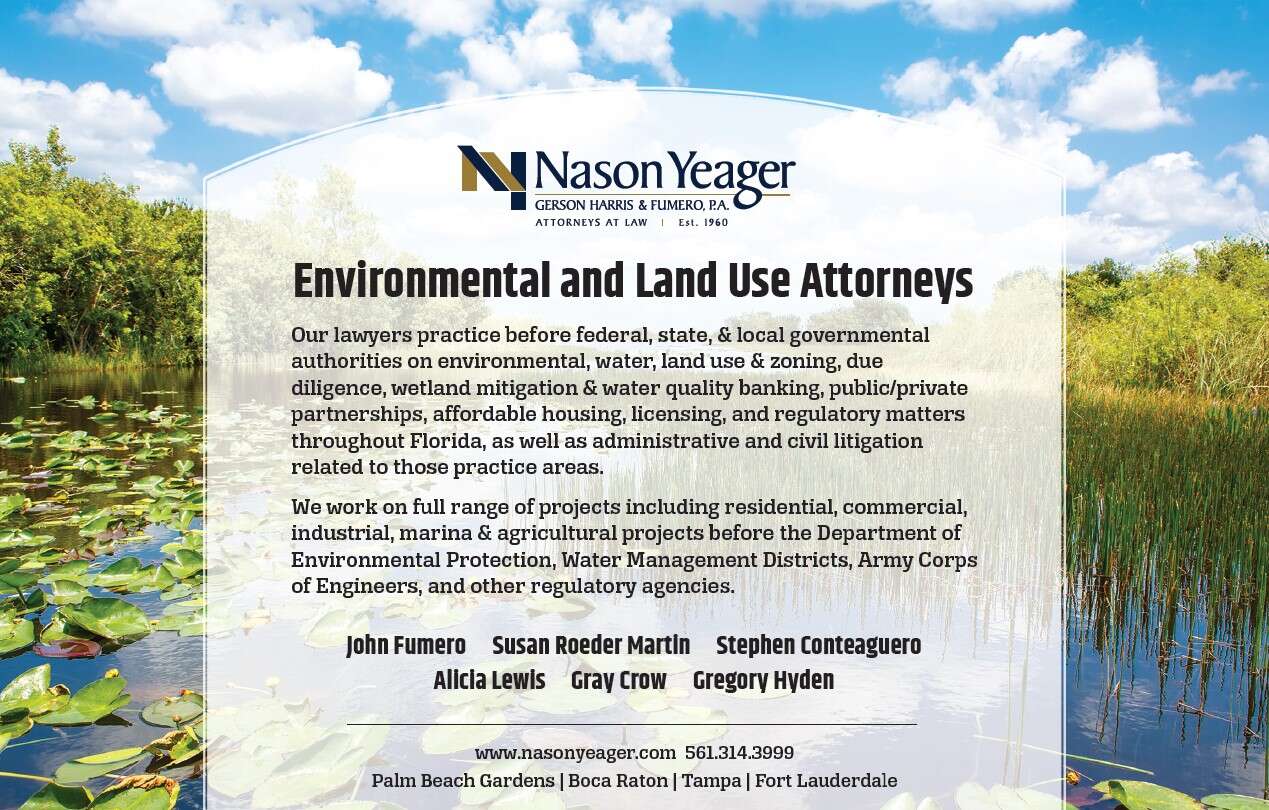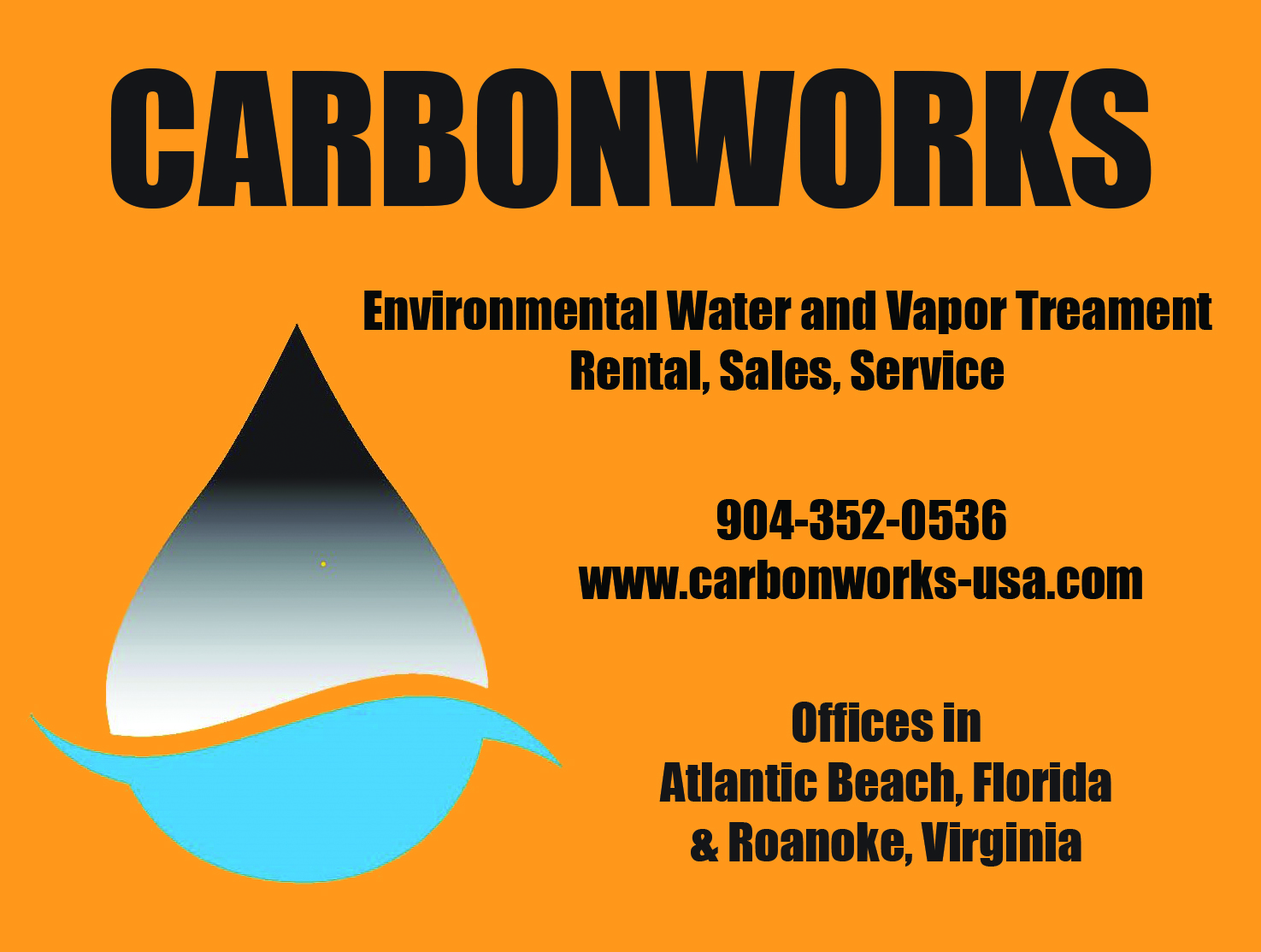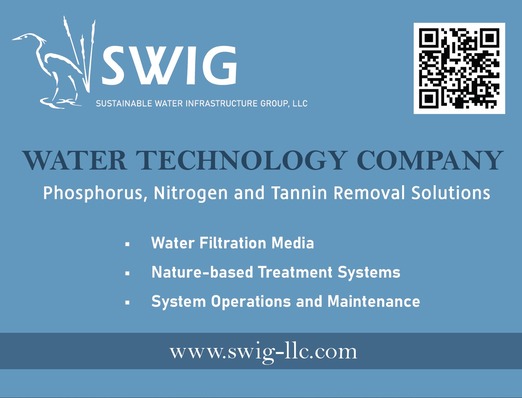By STAFF REPORTS
A Gilchrist County dairy farm is tasking itself with not only production of high-quality dairy products, and supporting its employees and cows, but also the mission of being good environmental stewards and maintaining a sustainable business structure, in partnership with the Suwannee River Water Management District.
“If we want Florida to be able to sustain agriculture and support its urban areas, we need water management practices that allow us to continue to farm while preserving natural resources,” said Jan Henderson, CEO and farm manager of Alliance Dairies in Trenton.“We need to do more with less.”
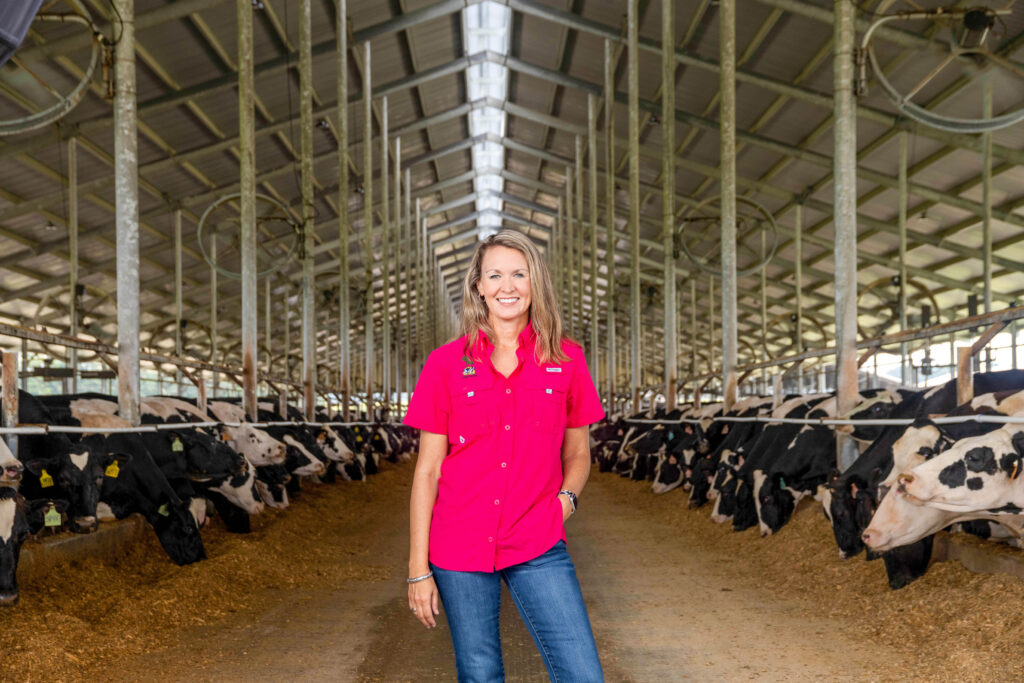
Alliance Dairies is considered a large employer in North Florida with 220 employees. It operates with 7,600 milking cows, 2,000 dry cows, and another 4,000 young stock. The dairy site is more than 2,100 acres, with an additional 5,000 acres owned and rented for replacement heifers and crops. Along with milk production, they grow three crops a year — known as triple cropping — thanks to the climate of North Florida. They support this sustainably, using their own organic, cow manure as fertilizer, rather than buying commercial fertilizer.
In keeping with their mission, Alliance Dairies is the ultimate recycler — manure is put through a methane digester and a gas generator, before being sent out to a center irrigation pivot that waters crops, and the crops feed the cows. During the process they capture the solids, and later sell some of them as a soil amendment.
“We are firm believers in renewable resources,” Alliance Dairies states on its website. “Why waste something you already have at your fingertips?”
Alliance Dairies is mindful of its connection to the Floridan Aquifer, which is an 82,000-square-mile reservoir holding billions of gallons of the state’s fresh drinking water. Groundwater in the Floridan Aquifer is the source of more than 1,000 springs in North and Central Florida and provides water for more than 90 percent of its residents.
To make sure they were not over-fertilizing their crops — which could add too many nitrates to the aquifer and be a waste of their resources — Alliance Dairies participated in a cost-sharing program with the District that enables them to use technology that better informs their use of resources. Alliance Dairies is in its third year with the district doing tissue samples and soil samples on a five-acre grid pattern.
When crops are actively growing, workers test plant tissue samples to see which fertilizer or nutrients are needed to grow the best crop. They also take soil samples to compare with the tissue samples and adjust fertilizing as needed, a practice called “variable-rate nutrition application.” Samples are sent to a lab and the results come back within a turnaround time that allows Alliance Dairies to make the right choices.
While many farms test their plants to see if they are not growing well, Alliance Dairies is tissue testing proactively, giving their crops the right amount of nutrients at the right time and keeping extra fertilizer out of the aquifer.
“Necessity often breeds innovation and Florida’s dairy industry is on the forefront of agricultural conservation practices to support not only the longevity of their businesses but in support of natural resource protection as well,” said District Executive Director Hugh Thomas.
Working with the District, Alliance Dairies has also installed shallow wells throughout two of their fields for watering crops — water is first pumped through a bioreactor to decrease any nitrates to acceptable levels. These shallow wells reduce ground water usage.
In partnership with the District, they also installed low-pressure drop water nozzles that give them more uniform water application on crops, while losing less water into the atmosphere. Soil moisture probes tell them when they need to water and when they can stop watering. Depending on the location of the fields, each field can be different, and they might not get the same amount of rain. This helps Alliance hone in on what each individual field needs versus the whole farm and that also reduces water usage.
With agriculture such a large part of North Florida, Henderson said her team enjoys working closely with District staff and sharing a good working relationship. They continue to work together on new projects, including a Dairy Farm Pilot Pollution project, which is expected to develop farm-specific sustainability plans to meet Basin Management Action Plan targets and conserve natural resources.
“Agriculture is so visual,” added Henderson. “You see what you do: you see that you’ve plowed that field. It’s a sense of accomplishment for us to roll onto our dairy farm and pass a milk truck that’s hauling milk down the road. I am most proud of the teamwork that goes on every day here within and across departments and with projects like these within our community.”
For more information on this and other projects, visit MySuwanneeRiver.com.


